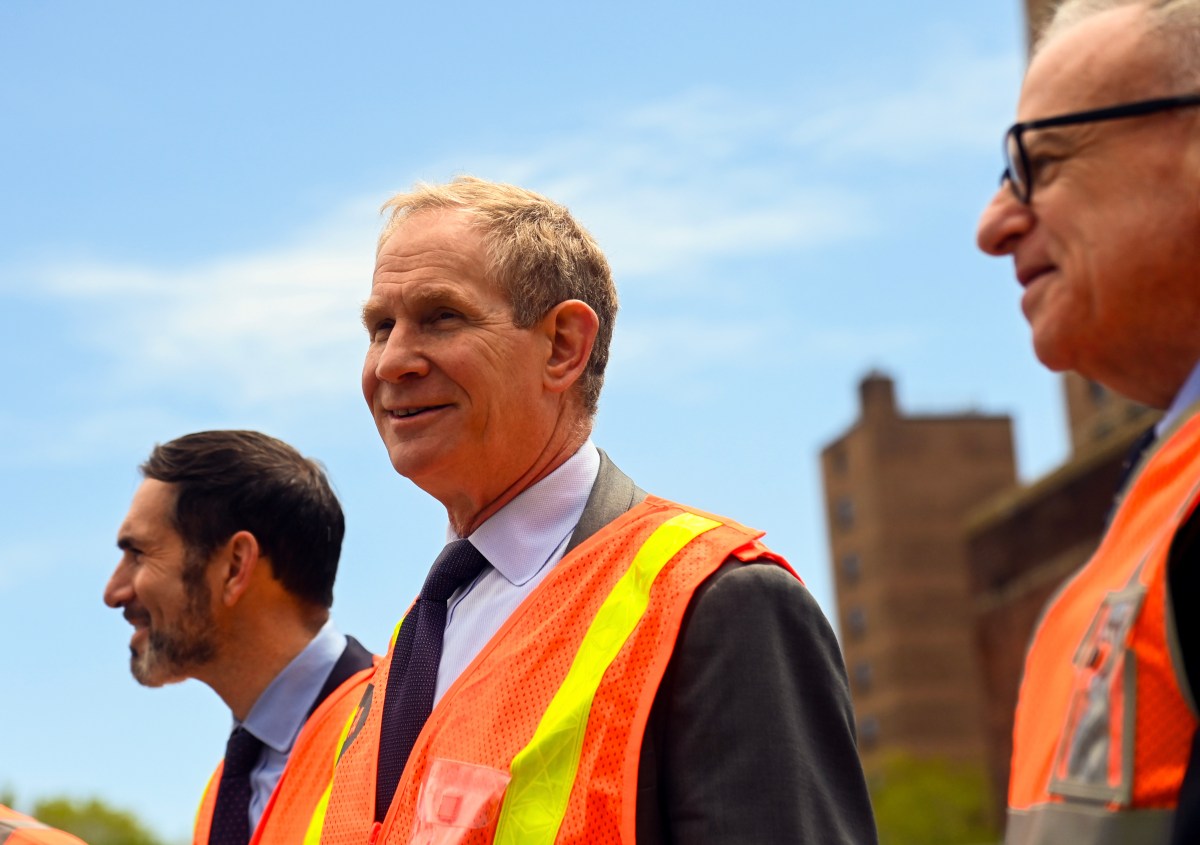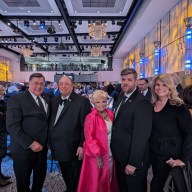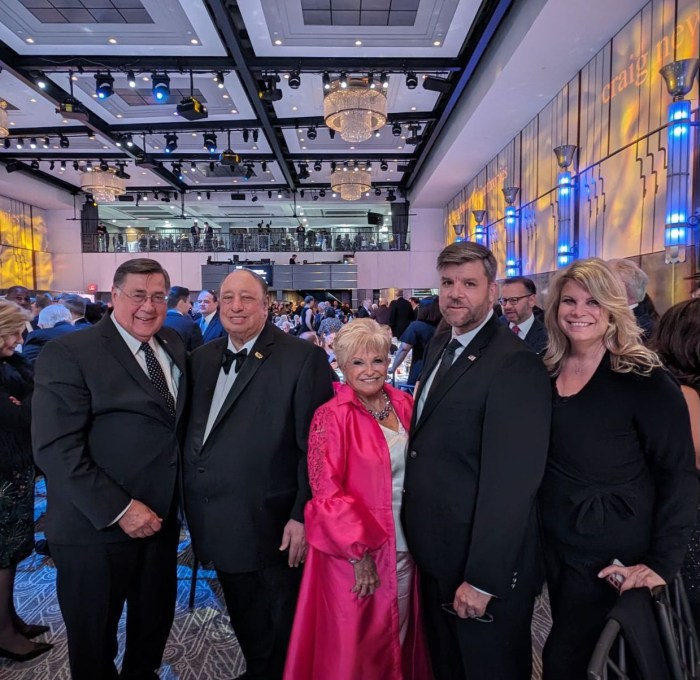By Kenneth Kowald
Without knowing it, I had my first realization of personal responsibility on an elevated subway ride in Queens.
This happened a few years before we moved to Elmhurst from Borough Park, Brooklyn. My brother, Eugene, who was not quite 11, had contracted typhoid fever in a church camp. They brought him home and he died there of pneumonia, as I was told later. I had just turned 5.
My sister, Elizabeth, who was 14, and I stayed with my Aunt Maud in her apartment down the block on Rivington Street on Manhattan’s Lower East Side from the time Eugene was brought home until his death.
I do not remember my brother. I remember that my grieving parents wanted to move out of their apartment as soon as they could. I was in the first grade, I believe, when we moved to Borough Park. We moved to Elmhurst when I was 11.
Very frequently in those intervening years, I would accompany my mother on a Sunday trip to Eugene’s grave in (now All Faiths) Lutheran Cemetery in Middle Village. It is the last stop, at Metropolitan Avenue, on the M line. In those days, before air conditioned subway trains, the windows of the cars were removed in the summer and you had only a few horizontal iron bars between you and the passing scene.
After our arrival, we trudged down the hill to Public Lot 28. My job was to fill a watering can from a water pipe on the main road and carry it to the grave, where my mother saw to the arrangement of the greenery, something now prohibited by cemetery rules. On the way, we passed the graves of my paternal grandmother, Elizabeth, and Aunt Maud’s husband, William.
We went to the cemetery many times during the years we lived in Borough Park and Elmhurst.
My mother felt it was a responsibility to keep up this ritual, until she could no longer do so. She never said it was my responsibility, though. I learned by observing.
The rabbis and Jesuits have said that a child’s attitude toward the world is shaped during his early years. I think that may be so.
The elevated trips to Lutheran Cemetery were not the only times when I learned something on the train, which has stayed with me all these years. My Aunt Celia and her husband, Louis, lived in Brighton Beach, Brooklyn, and we would visit them from Borough Park — another elevated train ride on another line.
This was during the Great Depression and I remember looking out the car window and seeing store after store closed with “For Rent” signs in the windows. When I pass too many stores today in Queens with the same sign, I feel a chill of remembrance. I worry about the people who cannot afford to pay their rent or utility bills or lack for medical care, or really do not know when the next meal will be.
As I have written before, we were fortunate. My father worked for the city Sanitation Department and we had adequate food, clothing and shelter. We even bought a house during the Depression in an area of Queens noted for purchases by civil servants.
But the two remembrances, one of responsibility and one of beginning to care about the world beyond myself, have stayed with me. Responsibility and caring are something that perhaps all of us should think about in this new year and this new era in our country.
I think the rabbis and Jesuits were right. In many ways, my life was shaped by those subway rides long ago.
































